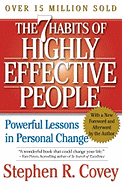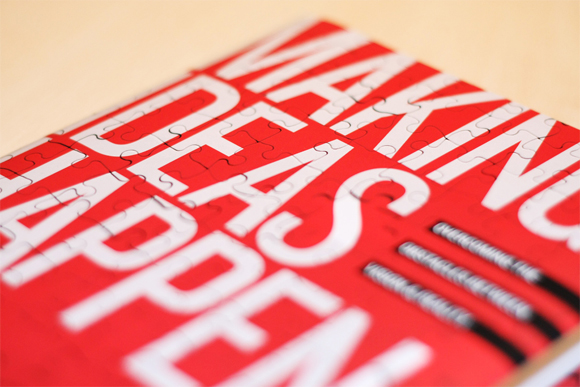Alla Nadezhkina
Sow a thought, reap an action; sow an action, reap a habit; sow a habit, reap a character; sow a character, rea destiny.
Stephen Covey
In this blog I would like to share my impressions of the book by Stephen Covey’s “7 Habits of Highly Effective People.” For a long time this book was lying on my shelf, waiting for the right moment. And when I had time to read it, to be honest, its first chapters were not made much of impression on me. It seemed to me that they are full of the same thoughts like most of the books about the personal psychology. After a couple of years, at a time of my visit to America I took her to study more carefully. And I was surprised because this book has become a revelation for me. Someone might say that it idealize the picture of reality. And recommendations that have given by author are not be able to apply for everyone. However, this book is described very consistently, reasonably and everything built in clear system. But I believe that anyone who wants to apply the «7 Habits» in their life will be able to try to do it. In my opinion “7 Habits” by Stephen Covey should be in every home. Once upon a time Bill Clinton said: “It has become my reference book.” And I agree with him. Create, implement, reread and implement again!
In his book Stephen Covey offered his perspective on leadership and management. His seven skills ranged from dependence (“You take care of me”) to independence (“I am responsible and I rely only on myself”) and to the interpersonal relationship (“We can only do this together”).
Dependent person passively waiting for events hoping that somebody will take care of him like a child who is dependent on others. Dependence does not give a person to take responsibility for their own lives and easily allows to blame others when things go wrong. Independent person develops a sense of confidence and self-sufficiency finding in it something useful that he can take for his own personal growth and life satisfaction. A person with interpersonal relationships understands the impossibility of achieving the goal without the help of others. Such person seeks to find a way to collaborate with others. At the same time he always grinds his own abilities (“sharpens the saw” in the words of Covey), and gets satisfaction from those emotions that carry the interpersonal relationships and teamwork.
The first three skills associated with self-control. They lead a person from dependence to independence.
1st Habit. Be Proactive. This skill means not only creativity but the responsibility for your own life. Highly active people recognize that responsibility means ability to make deliberate choice. Making a choice person rely on his values, do not complain to the circumstances and take responsibility and proud of his achievements.
2nd Habit. Begin with the End in Mind. This skill involves the creation of a picture in the imagination of what a person wants to achieve. In order to see the result of the work at the beginning you need a clear understanding of the goals and plans as well as awareness of the values and principles that will guide you in your activities.
3rd Habit. Put First Things First. Start with the most important. Instead of focusing on what you need to do this skill requires a person to learn how to manage their time and events, effectively comparing them with his purpose. The ability to start with the most important one states that the achievement of results is provided by focusing on relationship management not just the activity itself.
The movement from independence (self-control and self-discipline) to the interpersonal relationship (productive relationships with others) provides open communication, the creation of effective team and concern for others. Building effective relationships – that is what Stephen Covey calls “social victory”.
4th Habit. Think Win-Win. At the basis of the desire to reach a common victory lies understanding that personal success require cooperation between people. When people understand this they join forces in a collective work to ensure mutual success and the opportunity to everyone to become a winner.
5th Habit. Seek First to Understand, Then to be Understood. Most people do not listen with the intent to understand the interlocutor but with the intention to respond quickly. They either say or ready to speak by filtering all that they hear through their own perception stereotypes. In order to learn how to listen with the intention to understand the other people should not act as a judge but to cultivate empathy. When both sides understand each other they can always find a common language.
6th Habit. Synergize. When two or more people work together seeking to understand a phenomenon they achieve synergy. And the result that they achieve together can be doubled, tripled and ect. The synergy created by people who have learned the 4th Habit “Think Wn-Win” and are willing to listen to understand the other person.
7th Habit. Sharpen the saw. Seventh habit integrates all the previous ones. In essence this process of constant renewal (self-improvement) which includes physical, mental, spiritual and social aspects of human life. Stephen Covey advises people to constantly improve themselves to maintain a high level of efficiency.



